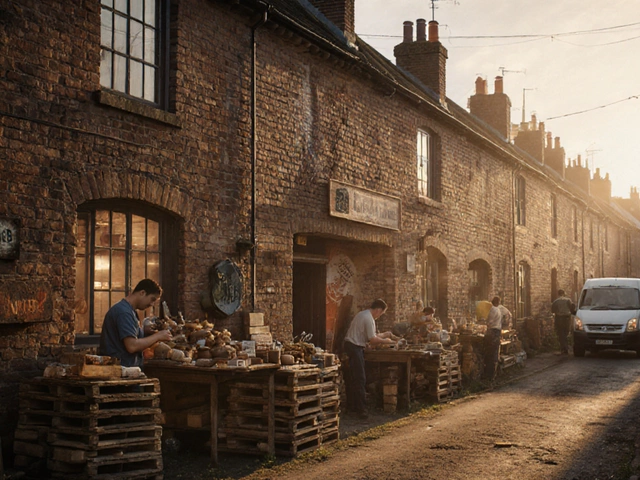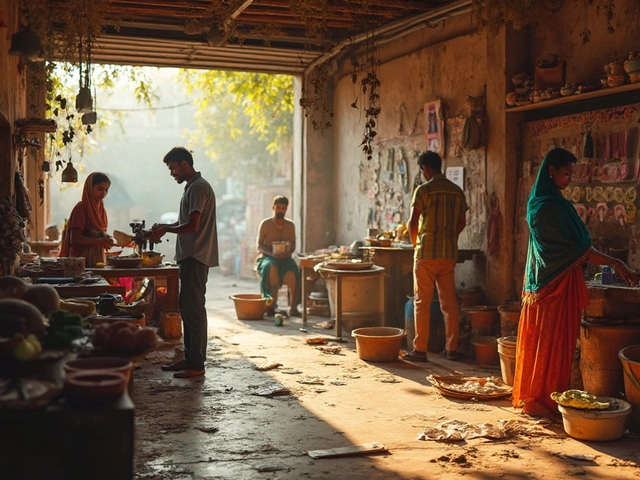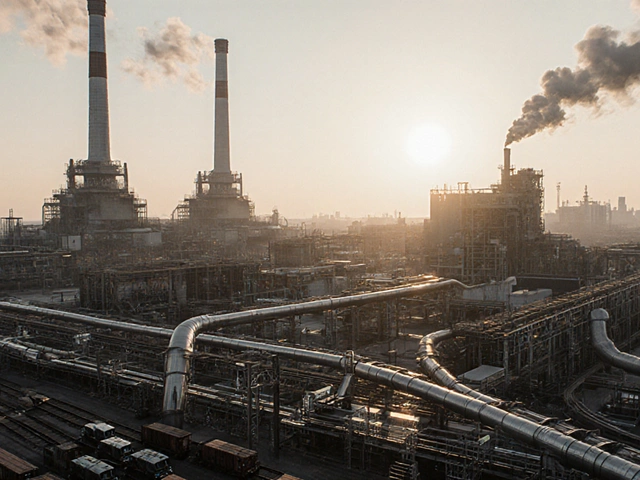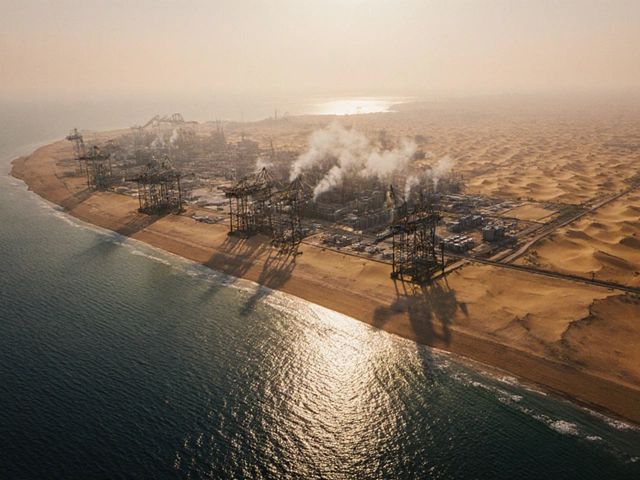Waste Management: Turn Trash Into Profit with Smart Manufacturing
When we talk about waste management, the process of collecting, treating, and reusing discarded materials to reduce environmental harm. Also known as solid waste handling, it's no longer just a cost center—it's a hidden opportunity for manufacturers. In India, where landfills are overflowing and plastic pollution is rising, smart businesses are seeing waste not as garbage, but as raw material. Companies are turning old plastic bottles into fibers, scrap metal into new parts, and food waste into biogas—all with little to no new investment.
This shift is happening because plastic pollution, the buildup of synthetic plastic waste in ecosystems, especially from single-use packaging. Also known as plastic waste crisis, it's a problem that's also a business trigger. Brands like Coca-Cola and Nestlé are under pressure, and local makers are stepping in. One small factory in Gujarat now collects discarded polyethylene bags, melts them down, and presses them into durable tiles for outdoor flooring. Another in Tamil Nadu turns food processing waste into animal feed pellets. These aren’t big corporations—they’re local entrepreneurs using simple, low-tech manufacturing to solve real problems.
And it’s not just plastic. industrial waste, byproducts from factories like metal shavings, textile scraps, or chemical residues that can be repurposed. Also known as manufacturing byproducts, it’s often treated as trash—but it’s often the most valuable resource. Steel plants in Maharashtra sell slag to cement makers. Textile mills in Surat reuse dye wastewater. Even electronics scrap from Bangalore is being sorted and refined for precious metals. The common thread? These businesses don’t wait for regulations—they see waste as inventory.
What you’ll find in the posts below are real examples of people turning what others throw away into profitable products. You’ll see how zero-investment startups are making money from trash, how food science helps turn waste into safe, sellable goods, and how India’s growing manufacturing base is becoming a leader in circular production. No fancy tech. No big loans. Just smart thinking, local materials, and a willingness to act. If you’ve ever looked at a pile of waste and thought, ‘What if...?’—this is where your next idea lives.
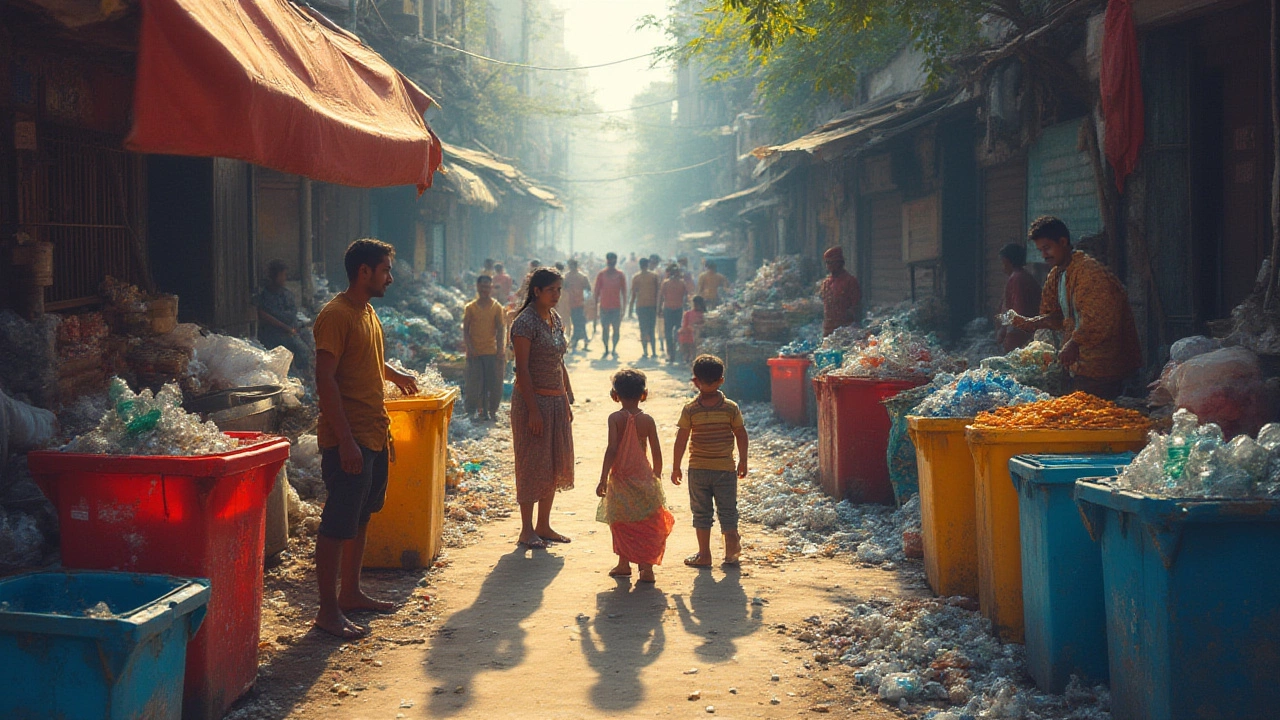
Where Does Used Plastic Go? Understanding Plastic Waste Disposal and Recycling
Find out what really happens to plastic after you use it, exploring recycling, landfill, and pollution—plus tips to reduce your plastic footprint.
Plastic ManufacturingLatest Posts
Tags
- manufacturing
- small scale manufacturing
- plastic manufacturing
- India
- plastic pollution
- food processing
- textile industry
- government schemes
- electronics manufacturing
- small business
- steel manufacturing
- startup ideas
- production
- textile manufacturers India
- manufacturing business ideas
- business ideas
- chemical manufacturers India
- electronics manufacturing India
- steel manufacturing plants
- manufacturing business
